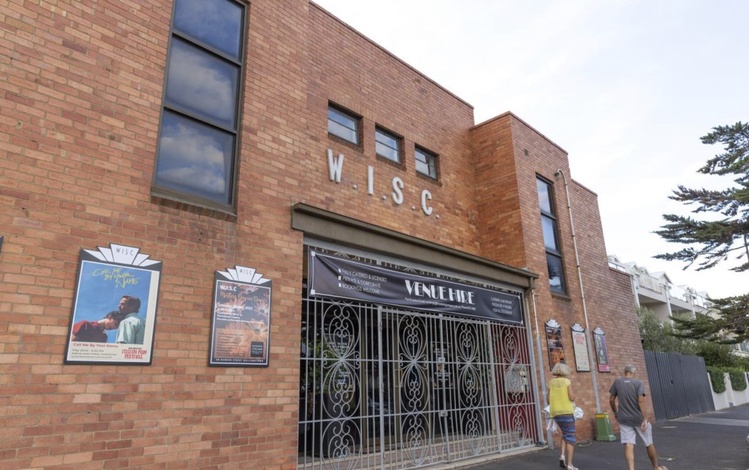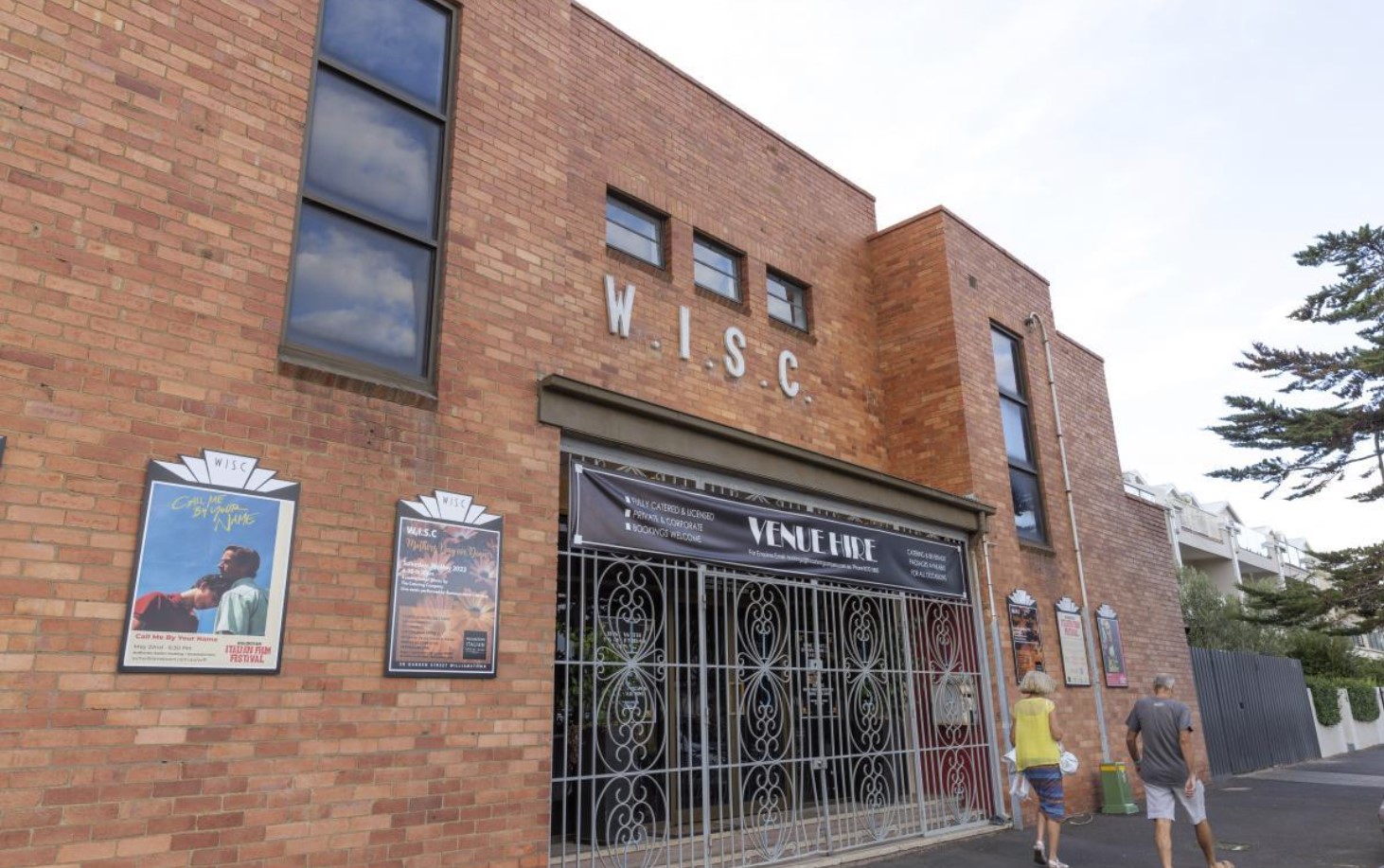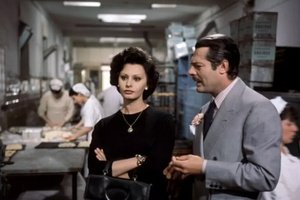Associations and clubs have played - and continue to play - a fundamental role in the lives of Italians abroad, serving as cultural, social and community reference points.
They are centres of connection that offer Italians the opportunity to keep their traditions alive, share experiences and create meaningful bonds with others.
The Williamstown Italian Social Club has played an important part in the history of Melbourne’s Italian community.
To help us understand what makes the Williamstown Italian Social Club tick, we spoke with one of its founding members, Mr Angelo Laudato (originally from Benevento) and his wife Maria, one of the key figures in the process of acquiring the property that is now the club’s headquarters.
It all began in the early 1970s when a group of Italian expats would meet at the Williamstown Municipal Villa to play bocce on weekends.
At the time, the local council had granted the group a small section of the villa to play. This first bocce court stood just across the street from an old cinema that was eventually purchased several years later by the club’s founding members.
When the possibility of purchasing the property presented itself, Laudato and other members approached the two hundred or so Italian families living in and around Williamstown, asking them if they would be interested in contributing $300 each to buy it.
Within months, the club reach the required sum to purchase the building. Over the next few weeks, Laudato and the other members renovated the old cinema, turning it into the club’s new headquarters.
Maria took care of all the bureaucratic paperwork required in acquiring the property, thanks to English being her first language. “[The building became] a meeting place for the many Italian families in the area, to offer them some recreation at the end of a gruelling week of work in the factories,” explained Maria. “[It also gave] a sense of community to all the Italian expatriates who sought their fortunes on the other side of the world, leaving their families and loved ones behind.”
To celebrate the purchase in 1978, a ball was held in one of Williamstown’s public halls. In the presence of lawyers, authorities and municipal representatives, the sale contract was formally signed. Early work on the clubhouse resulted in the construction of two sports fields and a dining room.
“Our constitution requires the Club to operate as a nonprofit organisation, and for more than forty-five years it has been excellently administered by successive committees,” said Laudato.
“[Our committees] have always operated in accordance with the principles of the constitution, providing for the good of the community with a calendar full of social and recreational events.”
Laudato explained that years ago, members met three times a week: Thursdays, Saturdays and Sundays. On Thursdays, the women would play bingo while the men played bocce and cards.
“We offered coffee and cookies, which were prepared each time by a lady from the club,” he recalled.
On Saturday and Sunday afternoons, the club was open to anyone who wanted to spend a few hours playing a game or chatting with friends. Every third Thursday, a two-course retirees’ lunch was organised for the modest fee of ten dollars. “We had a family of two hundred,” said Laudato.
The passion and hard work of the founding members had turned the Williamstown Italian Social Club into a point of reference for bocce players from all over the country. It also became a favourite destination for many members of the Australian Bocce Federation.
Over the years, the club has lost many of its founding members and historical patrons who frequented the place for over forty years. Many are still around, of course. To them all goes the gratitude of the committee and the Italian community at large for having written one of the most important chapters in the history of the Italian diaspora in Melbourne.












